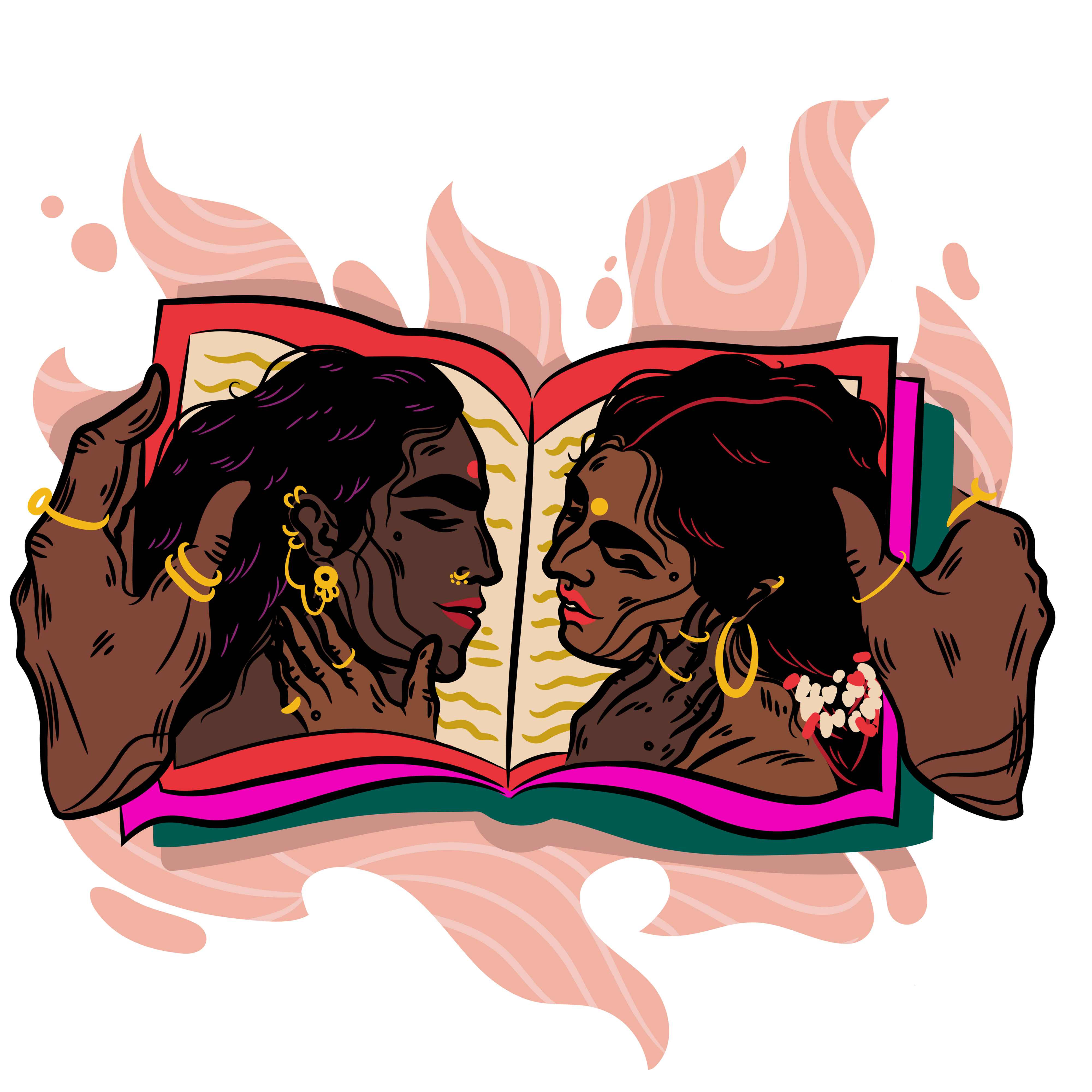In September 2018, India’s LGBTQ movement secured a major victory. The Indian Supreme Court revoked Section 377, a colonial-era law dating back to 1860 that established homosexuality as an offense punishable with a prison sentence of anywhere from 10 years to life.
The day has since gone down in history for LGBTQ activists and members of the community who had been fighting this legal battle for decades. In 2019, however, the community is now fighting a different battle to change social perspectives in a country still defined by strong patriarchal codes. Among the many intersecting struggles for asserting their rights, freedoms, and identities has been in the publishing industry, where there has been a dearth of characters and books that reflect the realities of Indian queer people.
For 28-year-old Akansha, who goes by her first name only and identifies as queer, her journey to understanding her identity started when she enrolled for a master’s program in gender studies at Ambedkar University in Delhi. Her interest was piqued by wanting to understand the social function of sexuality laid down in heterosexual metrics. “For me, growing up in a north Indian upper-middle-class Hindu family, I led a very heterosexual life. Heteronormativity was/is marked in our everyday ways of understanding the world around us. Moreover, I studied in a missionary girls’ school, which made it even more repressive,” she says, recalling incidents from her teenage years when school counselors called on Akansha and her classmates for “having a close,” as she describes the colloquial phrase to “understand our feelings for another woman.”
“That was something which was fed to all of us young women growing up there. How to dress/behave like a woman—basically fit in conventional femininity. Within this frame, I studied gender and sexuality, but even then it remained very academic. It was later, through political movements, that I started questioning my own sexuality and looking for literature that could provide me a narrative of romance or togetherness that wasn’t in the heterosexual domain,” Akansha says.
Her search resulted in very few interactions with fictional characters that represented queer South Asian women. “Most of the literature or canonical cinema that we were exposed to was never South Asian,” Akansha says, pointing to culturally pertinent scenarios that the Indian queer community encounters, such as while interacting with Indian parents or neighbors in close-knit communities, or even with the landlord while leasing a home. “These elements have not found their way into Indian literature yet,” she says.
Read full story on Zora
